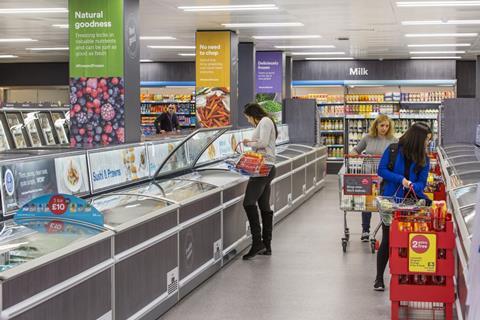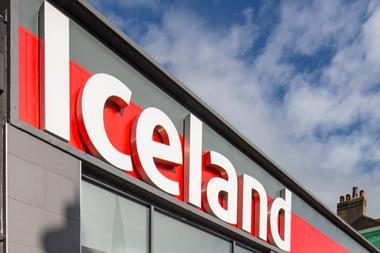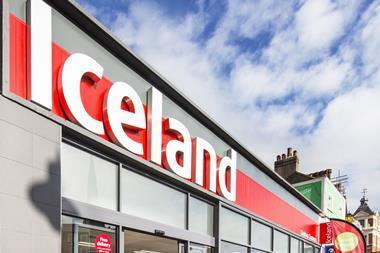
Iceland is rolling out its zero-interest loans scheme across the country to help cash-strapped families facing rising grocery bills.
The discounter is making its Food Club ‘microloans’ initiative, run in partnership with charity-owned lender Fair For You, available to all UK households after a trial with more than 5,000 customers earlier this year.
The scheme, which aims to help shoppers struggling to afford their grocery bills due to rising living costs, provides interest-free microloans of between £25 and £100.
Successful applicants will get a preloaded Food Club card, which they can then use to shop in store or online both at Iceland and The Food Warehouse.
Repayments are set at £10 per week, but Food Club users can also repay their loans early with no penalty fees.
💭 'We're in for a rough ride...we're coming up with all sorts of different ideas to try and help our consumers'@IcelandFoods boss Richard Walker tells @RachelBurden that food prices will continue to rise 📈
— BBC Radio 5 Live (@bbc5live) August 16, 2022
They’re launching a new buy now, pay later scheme for groceries ⬇️
During the pilot, customers paid a “minimal” amount of interest on the loans. But now, MD Richard Walker said moving to interest-free loans for the national rollout was the “responsible way to lend” to customers who may be struggling to access credit against the backdrop of the cost of living crisis.
Walker also told the BBC that the pilot research showed “people’s reliance on food banks, who take out these loans, has reduced by 90%”, and that participants were less likely to fall behind on council tax, rent, and other bills.
“People are eating better, it’s improving their mental health, their credit scores… so I’m really comfortable and confident that this is a responsible way to lend and we’ll be of real need and help to many of our customers,” he said.
According to the latest Kantar data, grocery inflation has hit record high levels of 11.6%, which means the average annual shop is set to rise by £533, or £10.25 every week.
Fair for You chief executive Simon Dukes said: ”The Iceland Food Club provides an opportunity from low-income families to access loans during particularly difficult times such as the school holidays.
“This initiative is something to be welcomed and it shows the way for other retail partners to potentially follow the same model.
“Retailers have a very strong social purpose in many cases and this is demonstrating how that can be used in the wider scale.”



















No comments yet